404 Error
Not Found
Error: We are sorry, but the page you are looking for can't be found.
Please use the search below to find the article you were looking for.
Search
Search Results
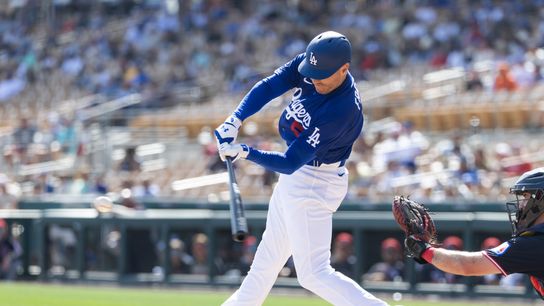 / Feb 24, 2026
/ Feb 24, 2026Dodgers Notebook: Freeman debuts, Stone strong in return, Sasaki's spring debut looms
By Fredo Cervantes at Camelback Ranch
Feb 24, 2026
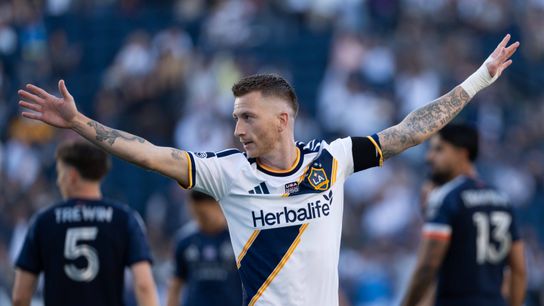 / Feb 24, 2026
/ Feb 24, 2026Galaxy prep for Concacaf second leg against San Miguelito
By Anthony Bautista
Feb 24, 2026
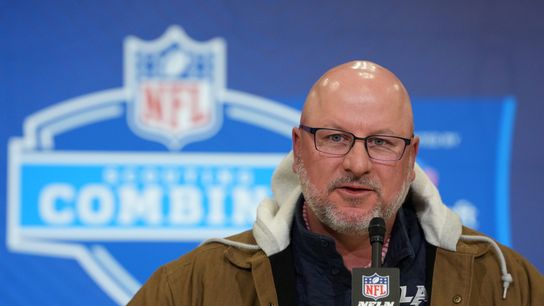 / Feb 24, 2026
/ Feb 24, 2026Chargers GM Joe Hortiz Discusses O-Line Plans, Edge Rush Decisions
By Fernando Ramirez
Feb 24, 2026
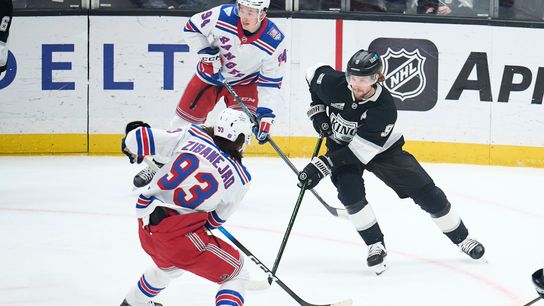 / Feb 24, 2026
/ Feb 24, 2026Adrian Kempe reflects on Olympic experience
By Alex Hutton El Segundo
Feb 24, 2026
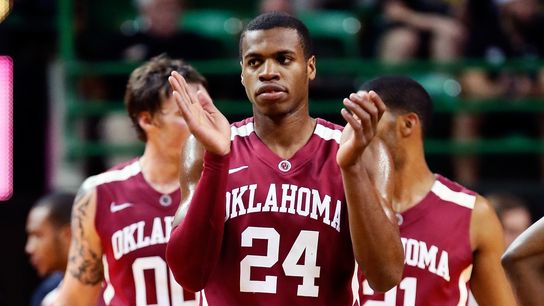 / Feb 24, 2026
/ Feb 24, 2026Wooden Award Flashback: Buddy Hield's Boomer Sooner buckets
By Malia Poblete in Los Angeles
Feb 24, 2026
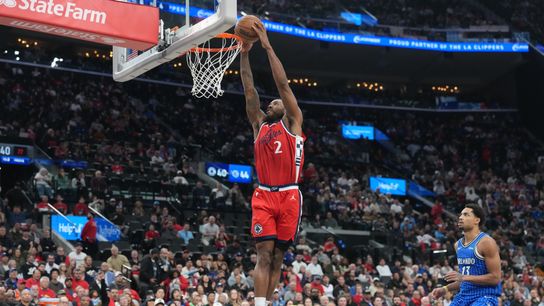 / Feb 24, 2026
/ Feb 24, 2026TST Today: Lakers Edge the Clippers, Ty Lue’s Tirade & UCLA’s Comeback
By Anwar Stetson TST Headquarters
Feb 24, 2026
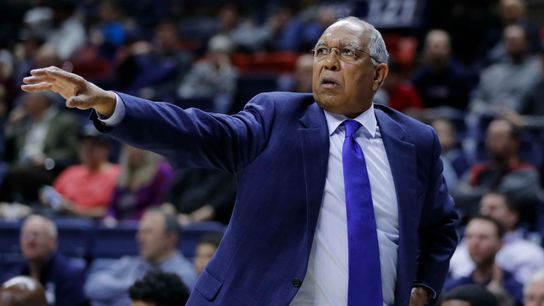 / Feb 24, 2026
/ Feb 24, 2026Wooden Award Flashback: Tubby Smith shines with his steadiness and substance
By W.G. Ramirez in Los Angeles
Feb 24, 2026
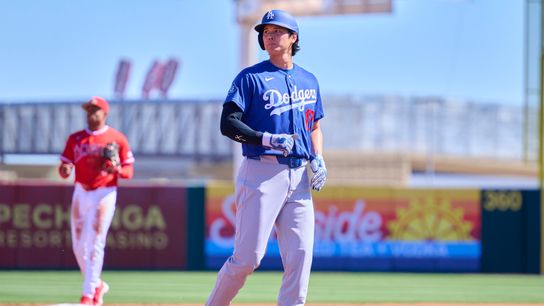 / Feb 23, 2026
/ Feb 23, 2026Dodgers Notebook: Ohtani off to WBC, Vesia returns, Tucker debuts
By Fredo Cervantes at Camelback Ranch
Feb 23, 2026
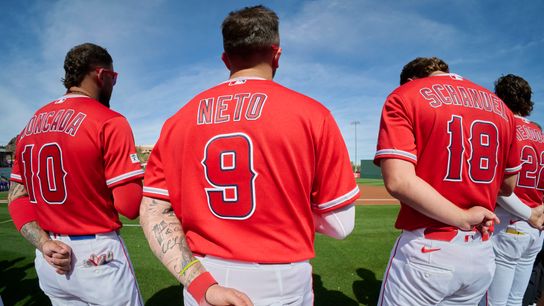 / Feb 23, 2026
/ Feb 23, 2026TST Images: Rangers beat Angels, 6-0 ,in Spring Training
By The Sporting Tribune at Tempe Diablo Stadium
Feb 23, 2026
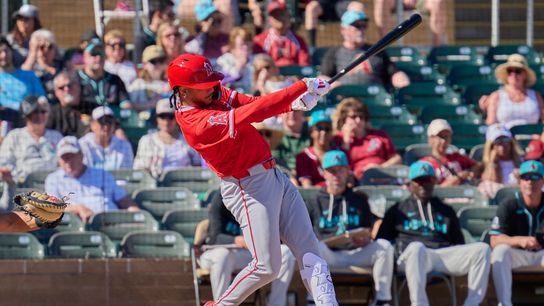 / Feb 23, 2026
/ Feb 23, 2026TST Images: Angels defeat Diamondbacks, 10-9, in Spring Training
By The Sporting Tribune at Salt River Fields at Talking Stick
Feb 23, 2026
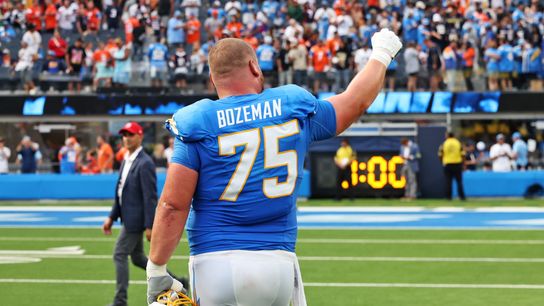 / Feb 23, 2026
/ Feb 23, 2026Chargers center Bradley Bozeman announces retirement
By Fernando Ramirez at The Bolt
Feb 23, 2026
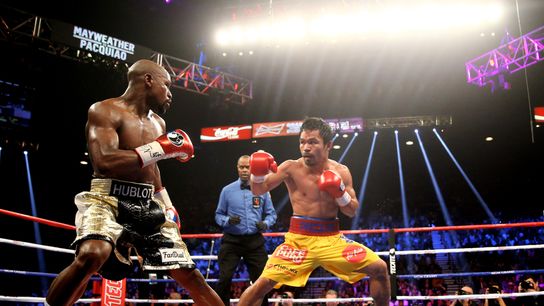 / Feb 23, 2026
/ Feb 23, 2026Mayweather, Pacquiao announce rematch on Sept. 19 at Sphere in Las Vegas on Netflix
By Nevin Barich in Las Vegas
Feb 23, 2026
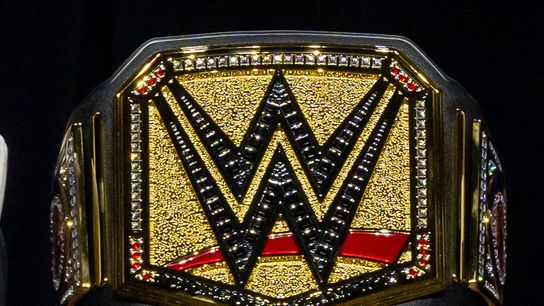 / Feb 23, 2026
/ Feb 23, 2026Tickets for WWE Friday Night SmackDown and Monday Night Raw available for purchase as part of WrestleMania Week
By Nevin Barich in Las Vegas
Feb 23, 2026
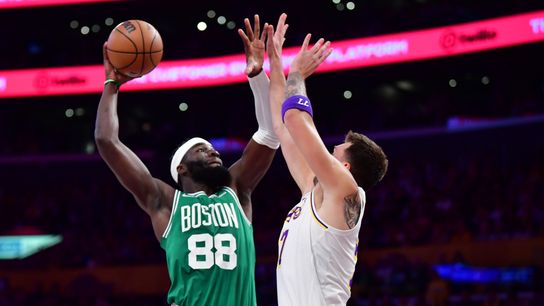 / Feb 23, 2026
/ Feb 23, 2026Lakers get blown out at home to hated rival Celtics
By Eric Lambkins II at Crypto.com Arena
Feb 23, 2026
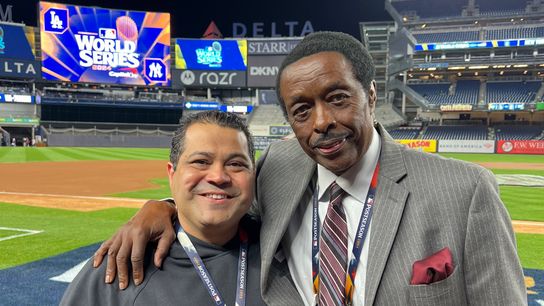 / Feb 23, 2026
/ Feb 23, 2026Celebrating Jim Hill’s 50 years covering Los Angeles sports
By Arash Markazi in Los Angeles
Feb 23, 2026
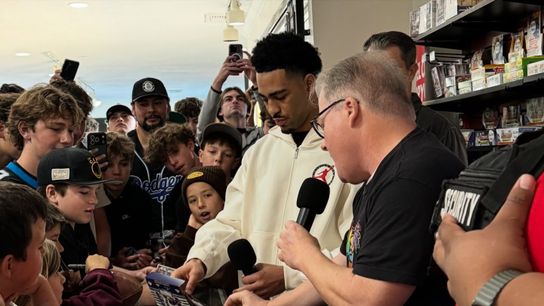 / Feb 23, 2026
/ Feb 23, 20262026 Topps Hobby Rip Night was a worldwide success
By Mykell Mathieu at Jaspy's Sports Cards & Collectibles
Feb 23, 2026
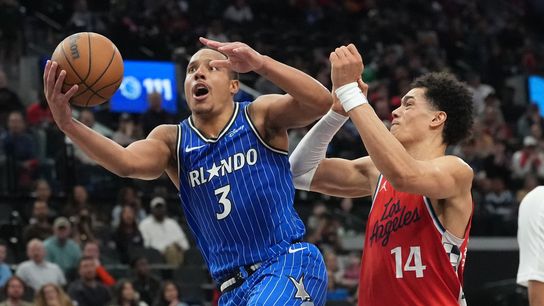 / Feb 23, 2026
/ Feb 23, 2026Bane's 36 points powers Magic past Clippers at Intuit Dome
By Fredo Cervantes at Intuit Dome
Feb 23, 2026
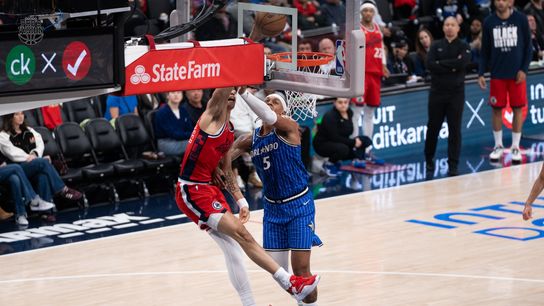 / Feb 22, 2026
/ Feb 22, 2026TST Images: Magic beat Clippers 111-109 at Intuit Dome
By The Sporting Tribune at Intuit Dome
Feb 22, 2026
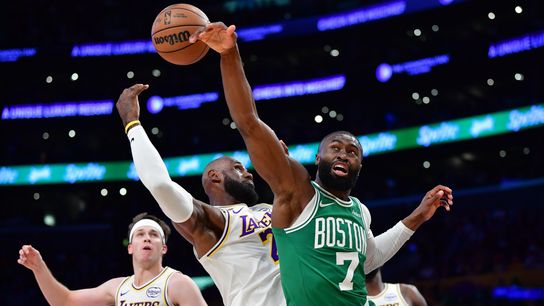 / Feb 22, 2026
/ Feb 22, 2026Lakers flattened by Celtics on Pat Riley's Statue Day
By Carlos Yakimowich at Crypto.com Arena
Feb 22, 2026
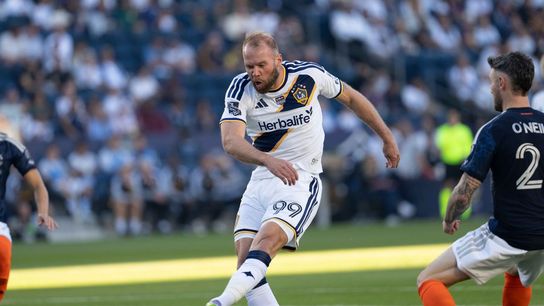 / Feb 22, 2026
/ Feb 22, 2026Galaxy hang on for a draw against New York City in season opener
By Anthony Bautista at Dignity Health Sports Park
Feb 22, 2026